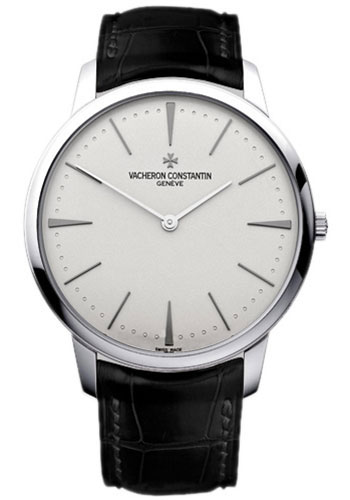
noun, plural pat·ri·mo·nies.
- an estate inherited from one’s father or ancestors.
- any quality, characteristic, etc., that is inherited; heritage.
- the aggregate of one’s property.
- the estate or endowment of a church, religious house, etc.
noun plural -nies
- an inheritance from one’s father or other ancestor
- the endowment of a church
n.mid-14c., “property of the Church,” also “spiritual legacy of Christ,” from Old French patremoine “heritage, patrimony” (12c.) and directly from Latin patrimonium “a paternal estate, inheritance from a father,” also figurative, from pater (genitive patris) “father” (see father (n.)) + -monium, suffix signifying action, state, condition. Meaning “property inherited from a father or ancestors” is attested from late 14c. Figurative sense of “immaterial things handed down from the past” is from 1580s. A curious sense contrast to matrimony.
 Liberal Dictionary English Dictionary
Liberal Dictionary English Dictionary